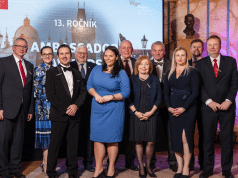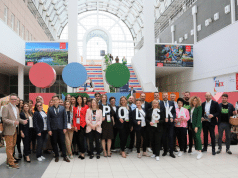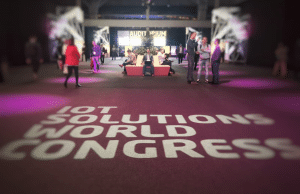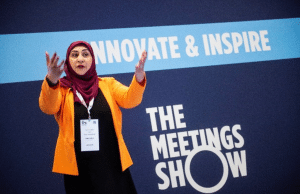I realised this was a fundamental misunderstanding that we have already discussed at length. As I have written several times myself, nearly everybody appears to understand how events are organised.
Lack of familiarity with the basic principles of event organisation, however, most often leads to panicked improvisation and sometimes even unpleasant experiences. It is true that there is certain daily—one might say routine—events for which hiring an event agency just isn’t necessary. The client usually has a team perfectly capable of handling such projects. With a touch of creativity and organisational effort, you can certainly carry such events out independently.
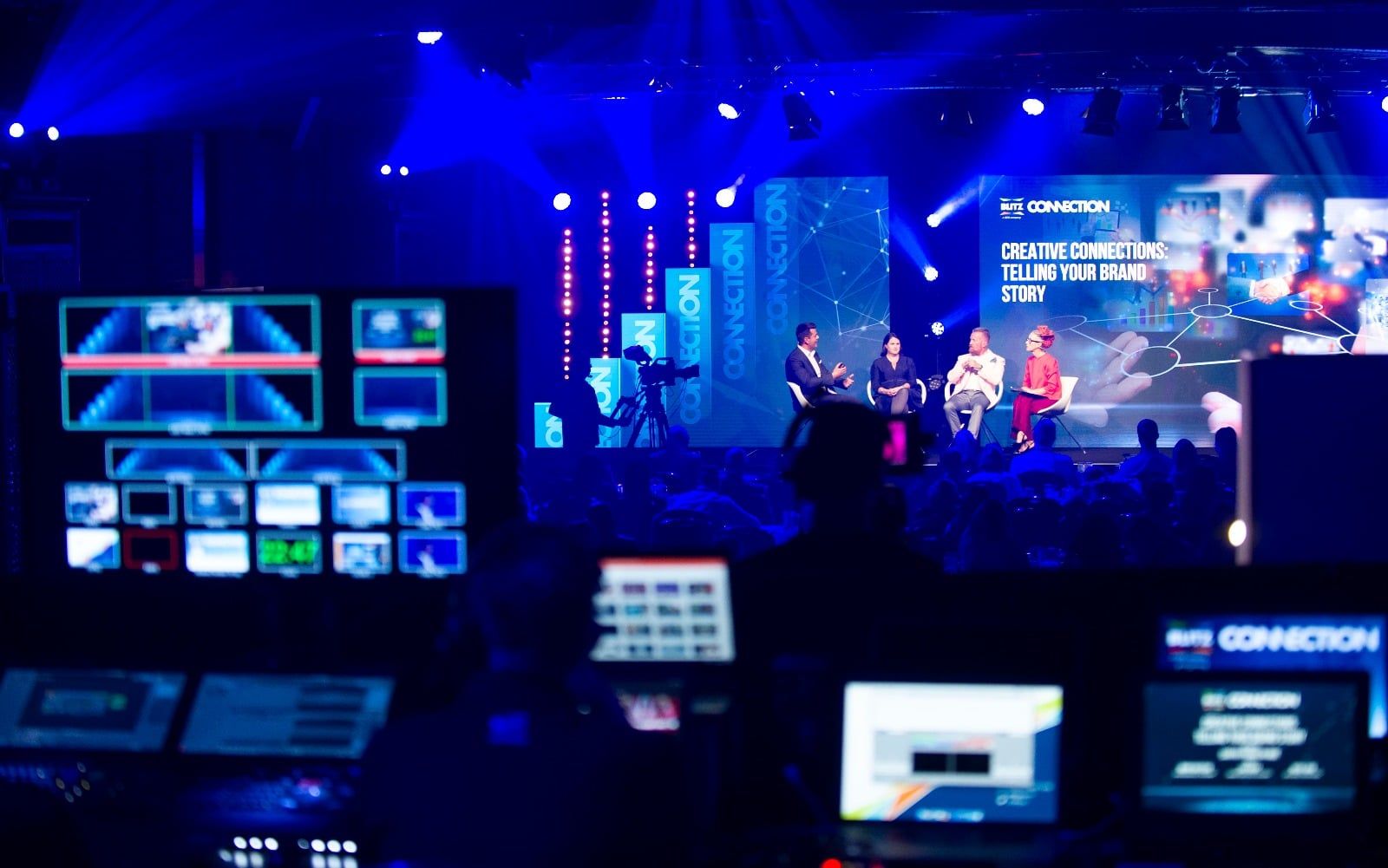
After the conversation, I realised that the problem was on our side all along. Agencies simply don’t seem to be able to clearly explain the value of working with professionals capable of making a significant contribution to the progress and growth of the company. Most often we default to generic claims about how we ensure professionalism, negotiate better prices and know all the providers.
This breakthrough only came for me when I asked my colleague some concrete questions that ended up fundamentally changing his way of thinking. The advantages that an event agency brings to the table are the incomparably greater amount of experience in organising events and a team of experts who complement one another to ensure an excellent event.
To make it all easier to understand, I have compiled a few questions to ask the event clients. The full list is endless and can be expanded arbitrarily:
1. Are the goal and the purpose of the event clearly set out and written down in a form that the participants and organisers will be able to understand?
2. Is the added value of participating in the event written down and communicated clearly?
3. Is the target audience clearly defined? Have you come up with the persona of the ideal participant?
4. Is the database of potential event participants up-to-date and of sufficient quality to enable targeted communication?
5. Do we have GDPR-compliant consent to invite the participants to the event?
6. Will the entirety of the communication be compliant with the GDPR legislation?
7. Is there a powerful, e-mail-supported CRM system available for direct communication with participants?
8. Does the event have its own brand image that is consistent with the corporate identity of the host?
9. Have a detailed scenario and protocol for the whole event been prepared?
10. Have we checked for rival events taking place at the same time as our event?
11. Do we have a social network communication strategy for the event?
12. Do we have the tools and techniques to activate the event participants?
13. Have we chosen a moderator for the event and prepared their texts?
14. Have we considered how post-event communication with the participants will take place?
15. Do we have a methodology for measuring the impact of an event?
16. Have we prepared gifts for the participants?
17. Is there music envisioned for the event?
18. Have we visualised and drawn the scenography for the event?
19. Do we know how to come up with attractive sales letters or direct mail?
20. Do we know how to establish a powerful web anchor for event communication?
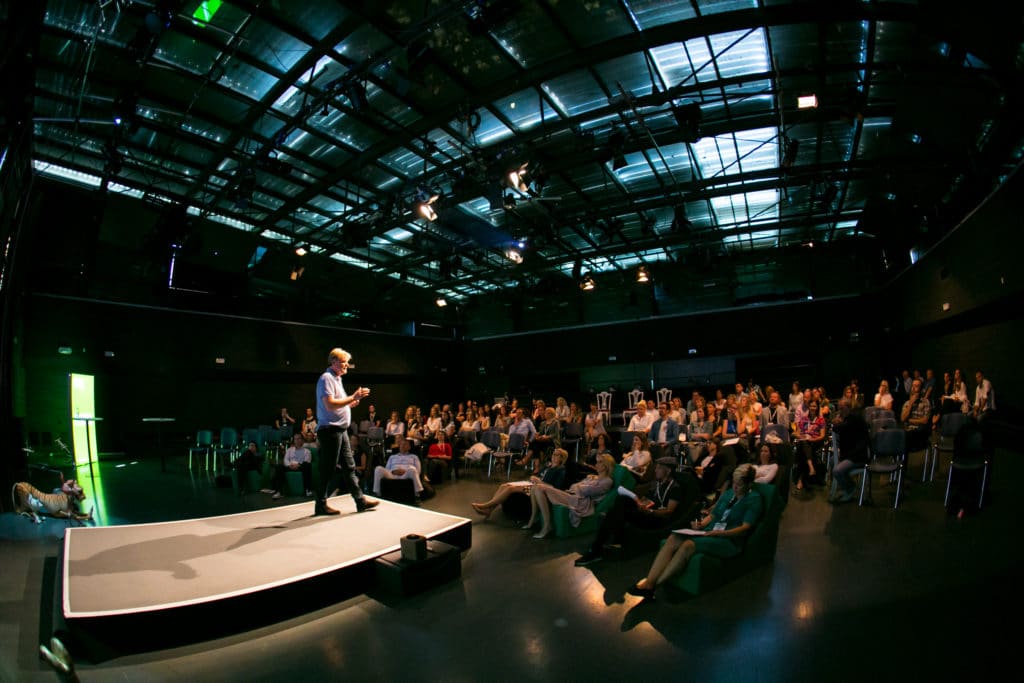
Reducing costs and how nice the idea of organising an event sounds should not be the only criteria. Nowadays, event agencies employ lots of specialised knowledge and modern marketing technologies—a whole toolbox for facilitating successful events. Even the most experienced client is going to have difficulty mastering the full spectrum of modern event management. Sometimes you need help, and this is where event agencies enter the picture.
I can illustrate the advantages of having an event agency using a sports analogy. In a good football team, the players act in concert: all for one and one for all. The principle of reciprocity is highly reminiscent of the work of an event agency. The best agencies are those excellent at motivating their team of both internal and external associates, carrying it all the way to victory—a result of the seemingly unimportant details that end up making the difference.
In an age of event hyperproduction, one part of the formula for success is the right choice of an agency. Send them onto the pitch and let them play a part in your next event!
Article by Gorazd Čad



